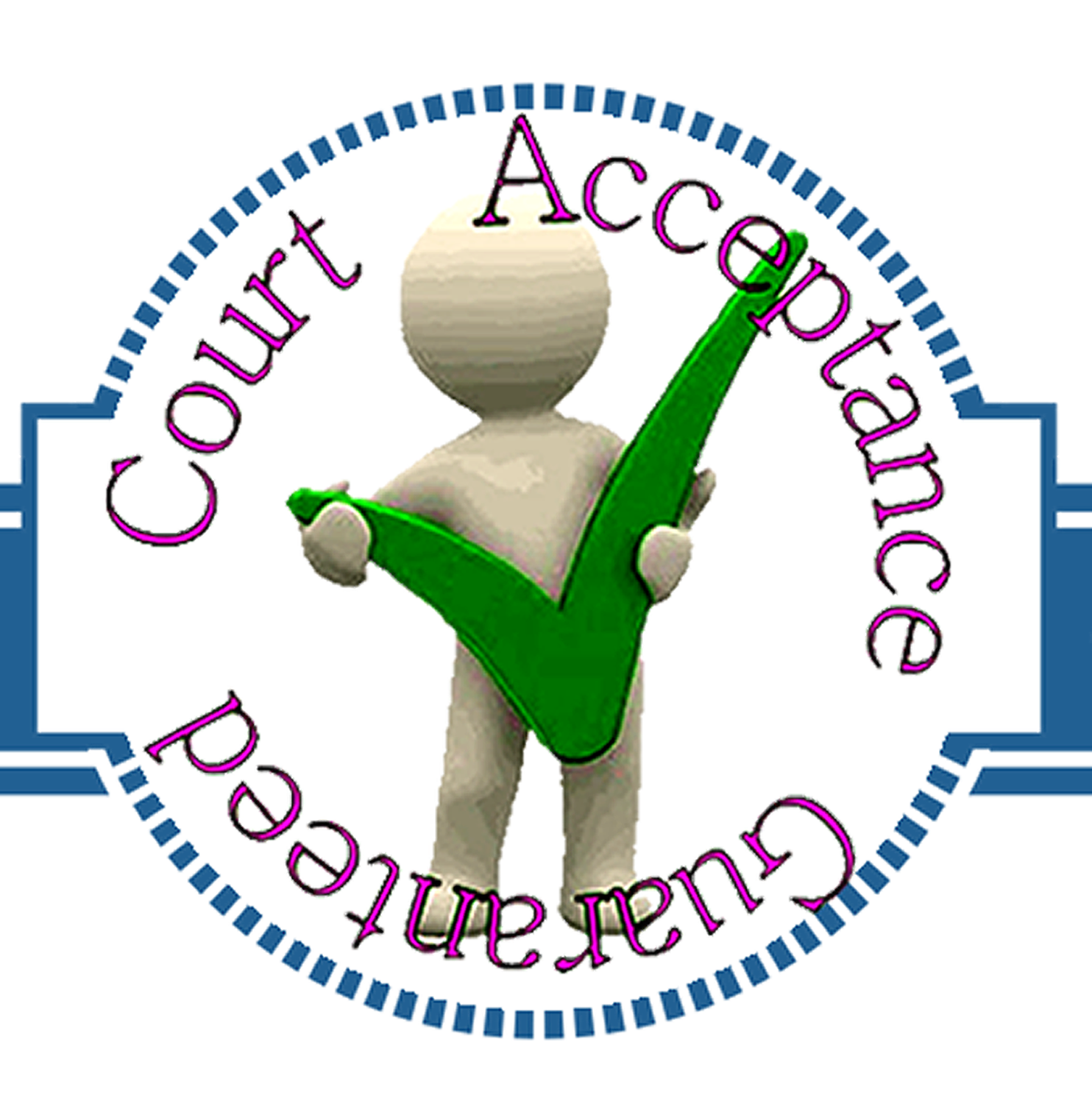Gambling Addiction Program
Satisfy a Court Order or take for Educational purposes. Court Ordered Classes offers "in-person" Gambling Addiction Programs focuses on changing unhealthy gambling behaviors and thoughts, such as rationalizations and false beliefs. Courses include and assist you with how to fight gambling urges and solve financial, work, and relationship problems caused by problem gambling. This program can provide you with the tools for coping with your addiction that will last a lifetime. These online courses allow you to learn the same tools as our "in-person" classes but in a low-stress, convenient, well thought, affordable and self paced environment.
13659 Students Since 2007
Thousands of Satisfied Court Ordered Clients
No Enrollment Fees
Gambling Addiction Courses, Classroom Style, Live "In-Person" Group Sessions. Professionally Constructed Programs. How it Works

Program Information

Clients can pay as they go (Once a week or sooner depending on the parameters of their court order) or get up to a 20% discount if they pay for the program upfront.
$ 20.00
States Provided List
Alabama | Alaska | Arizona | Arkansas | California | Colorado | Connecticut | Delaware | District of Columbia | Florida | Georgia | Hawaii | Idaho | Illinois | Indiana | Kansas | Kentucky | Louisiana | Maine | Maryland | Massachusetts | Michigan | Minnesota | Mississippi | Missouri | Montana | Nebraska | Nevada | New Hampshire | New Jersey | New Mexico | New York | North Carolina | North Dakota | Ohio | Oklahoma | Oregon | Pennsylvania | Rhode Island | South Carolina | South Dakota | Tennessee | Texas | Utah | Vermont | Virginia | Washington | West Virginia | Wisconsin | Wyoming
Gambling in the Justice System
While a gambling disorder only affects about 1% of the adult population, it affects those individuals in a serious way. If left unchecked or untreated, individuals suffering from a gambling disorder can face serious health, social and financial consequences.
Contrary to conventional wisdom, most individuals with
a gambling disorder do not engage in criminal behavior.
However, a small number resort to theft, embezzlement,
fraud or other criminal activity to support their gambling.
Some of these cases make the headlines, which in turn
shape the conventional wisdom. People with gambling
disorders might end up in court because of domestic
violence, child support and custody issues — all of which
might relate to their gambling problems.
Consequently, it is important for professionals involved in the legal system to understand and consider how to best address gambling disorders as a mental health issue. The purpose of this guide is to offer a science-based explanation of this disorder and suggest possible avenues for therapeutic and mental health courts interested in formally adding options to address gambling disorders.
Although only about 1% of the adult population suffers from a gambling disorder, the consequences can be devastating for affected individuals and their families. If left unchecked or untreated, people suffering from a gambling disorder can face severe health, social, professional, legal and financial consequences. This guide is based on the latest research on gambling disorders published in peer-reviewed journals.





